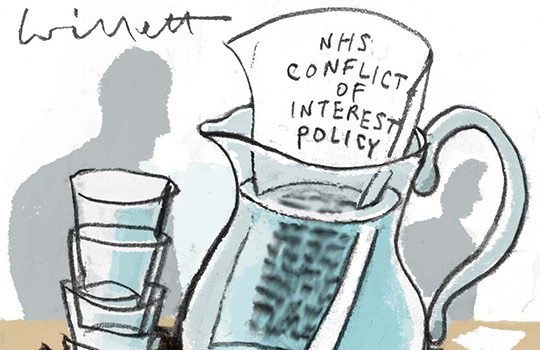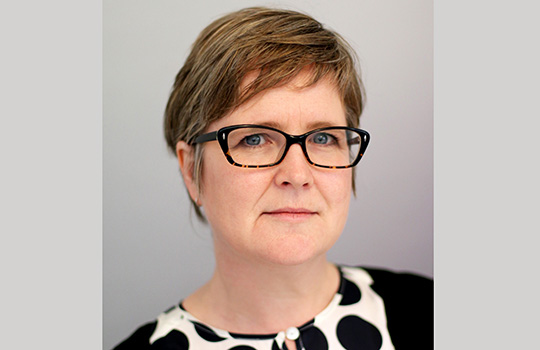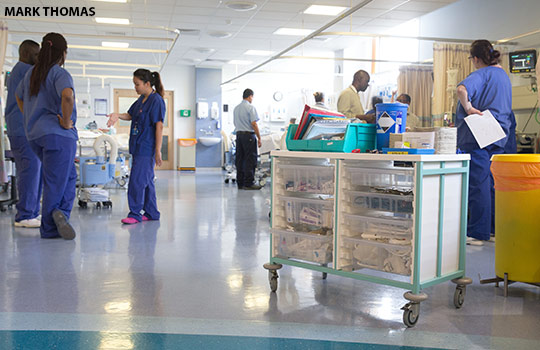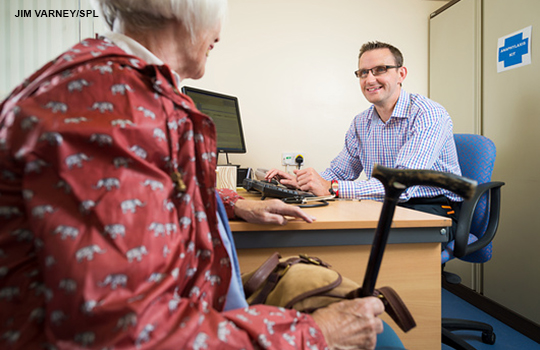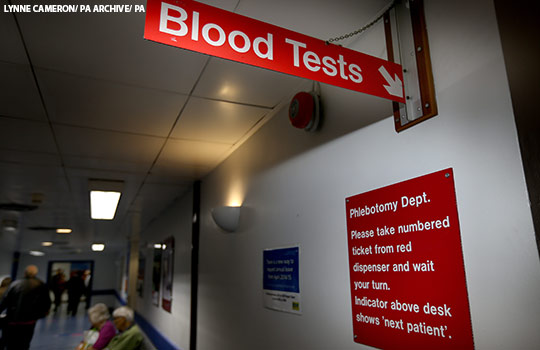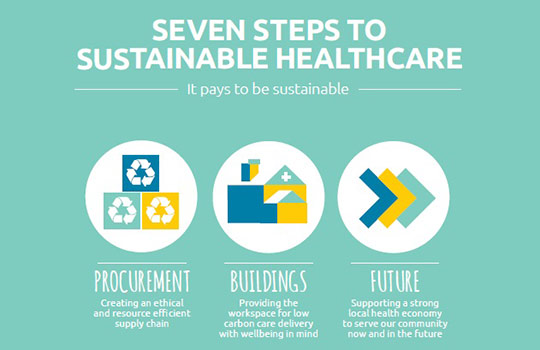Decisions about healthcare inevitably involve choices around the allocation of finite resources. Democracy, if it is meaningful, is public reasoning. The National Institute for Health and Clinical Excellence (NICE), established by Frank Dobson in 1999, though imperfect, represents a worthy attempt to conduct a reasoned assessment of what a decent health service should provide. When […]
Nick Hopkinson: Conservatism and the cancer drugs fund

